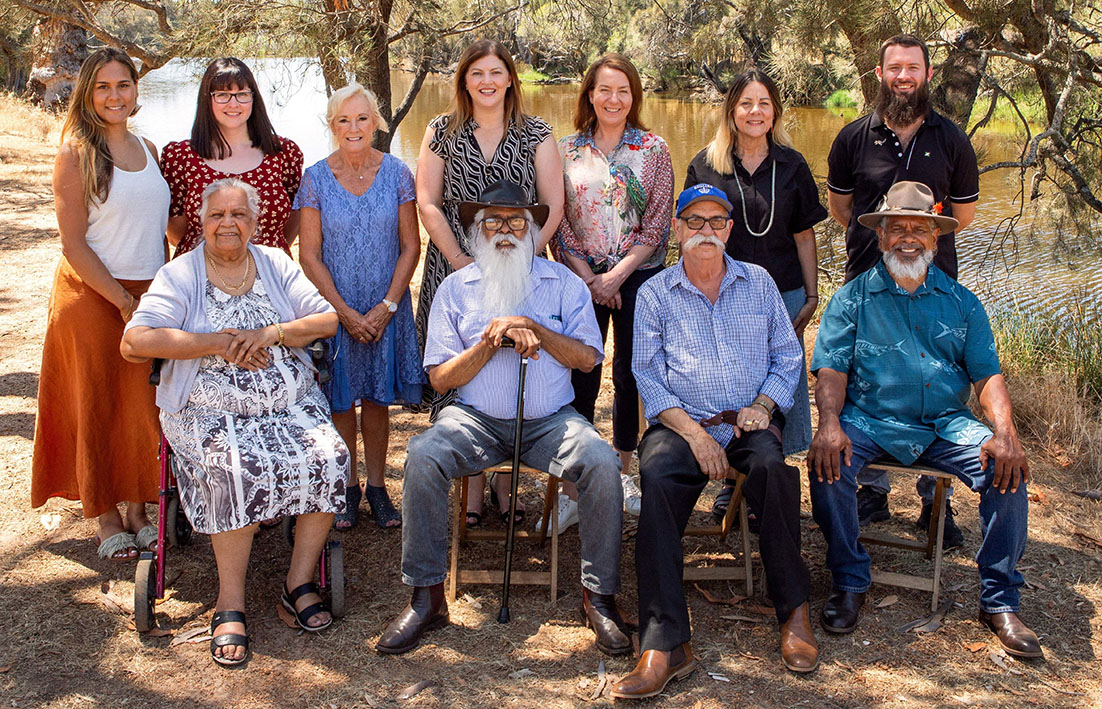
HELENA River’s cultural and ecological significance will be the focus of two free community events to be held at the Boya Community Centre on March 22 and April 12.
The Bibbul Ngarma Aboriginal Association (BNAA) are hosting the event as part of the BoorYul-Bah-Bilya (BBB) initiative to explore the deep connection Noongar people have with the river and introduce efforts to restore its health.
After the informational presentations, attendees can also take part in the BBB cultural mapping project, contributing their knowledge and stories.
BNAA director Francesca Flynn said the river’s cultural significance, particularly to Aboriginal people, was not well documented or understood, placing its cultural heritage at risk.
“The BBB cultural mapping project will enable BNAA to document the river’s significant places, events and people from both an Aboriginal and non-Aboriginal perspective and develop a plan to protect and share the river’s cultural significance with the whole community,” she said.
“The health of our waterways is directly connected to the health of our communities through environmental, societal and economic wellbeing.
“(Helena River) is one of Perth’s last freshwater rivers and the only major river valley in the metropolitan area that is still relatively natural, with large areas of forest and few roads.
“When waterways are degraded or disconnected from society, it not only affects biodiversity but our entire way of life and the things that are important to all Australians.”
The entirety of Helena River (also known as Mandoon Bilya) is a registered Aboriginal heritage site, with over 40 individual sites within the wider registration, and its floodplain in Hazelmere contains the second oldest archaeology site in southwest WA, with 29,000 years of demonstrated occupation.
Until 1829, the river sustained Noongar people with freshwater, food, medicine and an important route from Whadjuk to Ballardong Country.
BNAA chairperson Walter McGuire said working together is the only way to get the best outcomes for Country.
“BoorYul-Bah-Bilya brings people together to understand that we’re just one human race, with many cultures and many differences, but we need to come together as one to look after our planet Earth,” he said.
Both events start at 1pm and are free but registration is essential and are available on Go Cultural Aboriginal Tours.